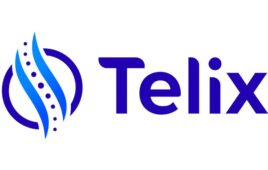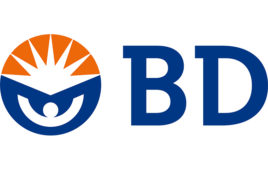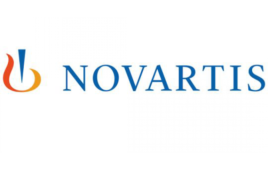![]()
Counterfeiting of medications is a major problem faced by the global pharmaceutical industry. As per the WHO estimates around 30 percent of the medicines sold in developing countries are counterfeiti. Owing to globalization, the supply chain for medicines has become lengthier with every step offering another opportunity for counterfeiters. As a result, global track and trace requirements have become stringent putting tremendous pressure on the supply chain’s transparency.
Using Serialization as a Business Strategy
The pharmaceutical companies do believe that counterfeiting can be reduced significantly by implementing product serialization. However, serialization requires a comprehensive system to track and trace the passage of prescription drugs through the entire supply chain. Therefore, serialization is often looked upon as an effort and cost-intensive process and often a regulatory mandate.
However, pharmaceutical companies are now increasingly adopting a strategic business view for overall adoption of serialization. They have started developing packaging and information technology to not only ensure regulatory compliance, but also use this for their own business gain: safeguarding brand reputation and ensuring patient safety to name a few. Serialization and traceability can also be used for effective management of the supply chain and management of medicine inventory at wholesale and retail levels.
The following are some additional benefits that companies can reap by implementing effective serialization processes:
Protecting brand reputation
Counterfeit drugs pose a huge risk to pharmaceutical companies. It not only affects potential sales, but also leads to deterioration of brand reputation and brand value. Brand reputation is of utmost importance for the pharmaceutical industry, as compromised drugs can potentially harm the patients’ health. Therefore, serialization and traceability allow pharmaceutical companies curb counterfeiting and protect the brand image.
Improved processes
Serialization and traceability can standardize and harmonize operational processes in across manufacturing units, warehouses and distribution hubs, resulting in smooth operations. It also assists in scanning and removing expired, faulty or damaged product, ensuring that only genuine product reaches the consumer. Further, it helps manufacturer by preventing revenue loss occurring due to recall of faulty or damaged product.
Ensures better control over parallel trading
Parallel trading is when goods are bought in low price and sold in the market when their price increases. This is considered as an illegal process in certain industries where the cost of the product is a cumulative of the actual cost and additional import and export taxes. Track and trace is quite useful to curb parallel trading.
Serialization is a cost-saving exercise
Serialization and track and trace projects are often perceived cost-intensive exercises owing to complex serialization framework and equipment handling. However, pharmaceutical companies often tend to overlook the amount of revenue lost due to counterfeit medicines that serialization projects can help curtail. Currently, the global counterfeit drug market allegedly makes for approximately $200 billion.
Serialization also helps eliminate manual errors, such as incorrect entry of GTIN or batch numbers (prevalent in manually operated machines), that are linked with loss of productivity. Furthermore, loss of time due to human intervention adds to the loss of production and revenue. Automation in the serialization machines can minimize the loss of productivity.
In conclusion, an efficiently implemented serialization and traceability processes can offer benefits that are beyond regulatory compliance. Serialization and traceability processes can be complex to develop and implement. However, there are companies that have experience in both pharmaceutical and inspection technologies that can smoothen the process and ensure cross-country regulatory compliance. It is essential for particular pharmaceutical companies to partner with trusted and experienced solutions provider to achieve successful serialization and traceability.
(Note: ACG North America is a subsidiary of ACG Worldwide, the second-largest capsule manufacturer in the world. Based in South Plainfield, NJ, the subsidiary offers a range of processing, manufacturing and packaging solutions, including fluid bed processors, empty hard capsules, packaging films, capsule filling machines, tablet presses & tooling, tablet coaters, blister packing and cartoning machines, and vision inspection & serialization solutions to the North American pharmaceutical, OTC and dietary supplement industries. INTERPHEX Booth No. 3253.)
___________________________________________________
Reference:
i Bansal D, Malla S, Gudala K, Tiwari P. Anti-Counterfeit Technologies: A Pharmaceutical Industry Perspective. Scientia Pharmaceutica. 2013;81(1):1-13. doi:10.3797/scipharm.1202-03.
(Source: (INTERPHEX)




